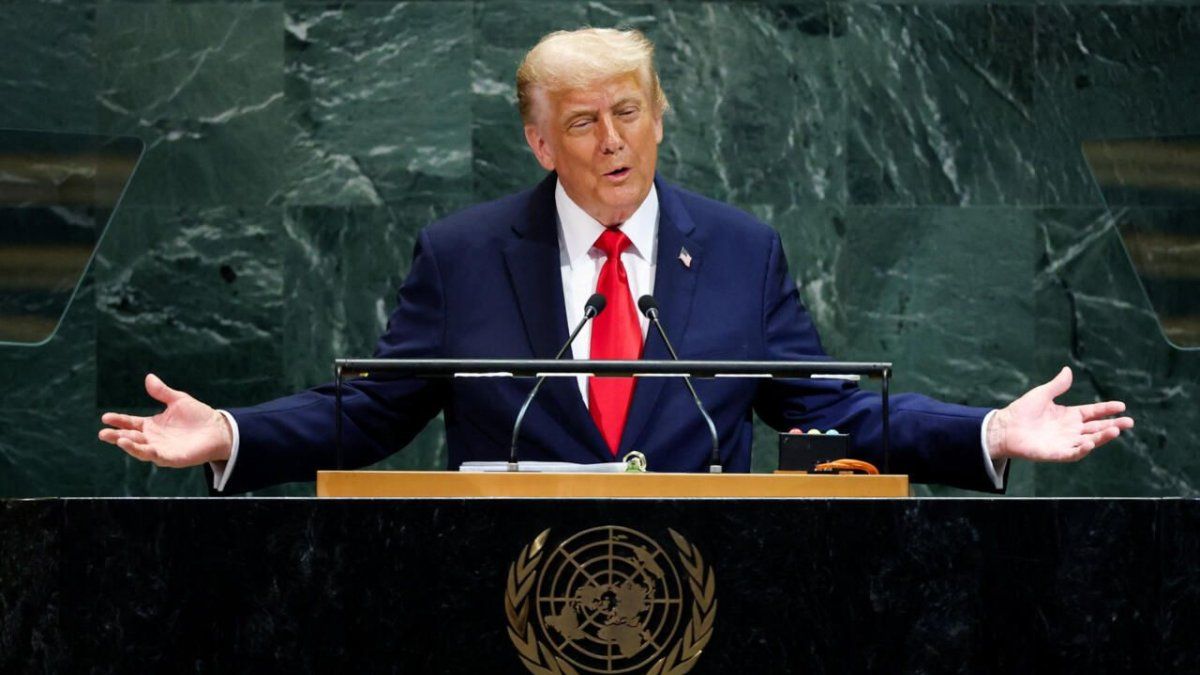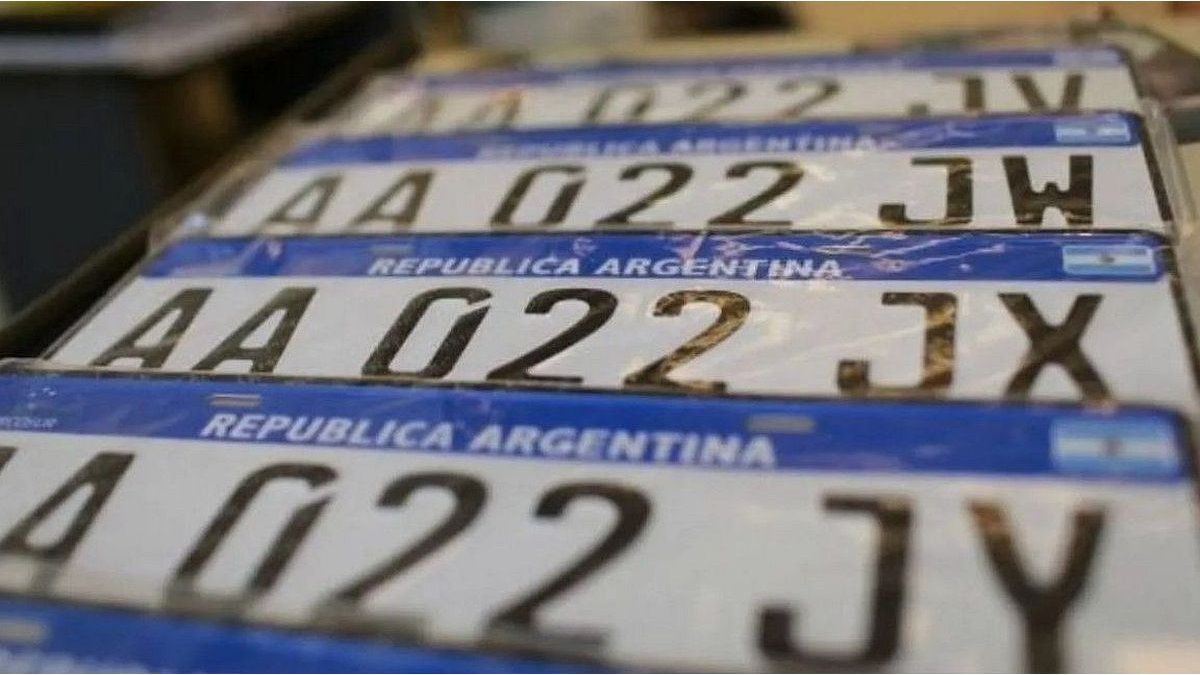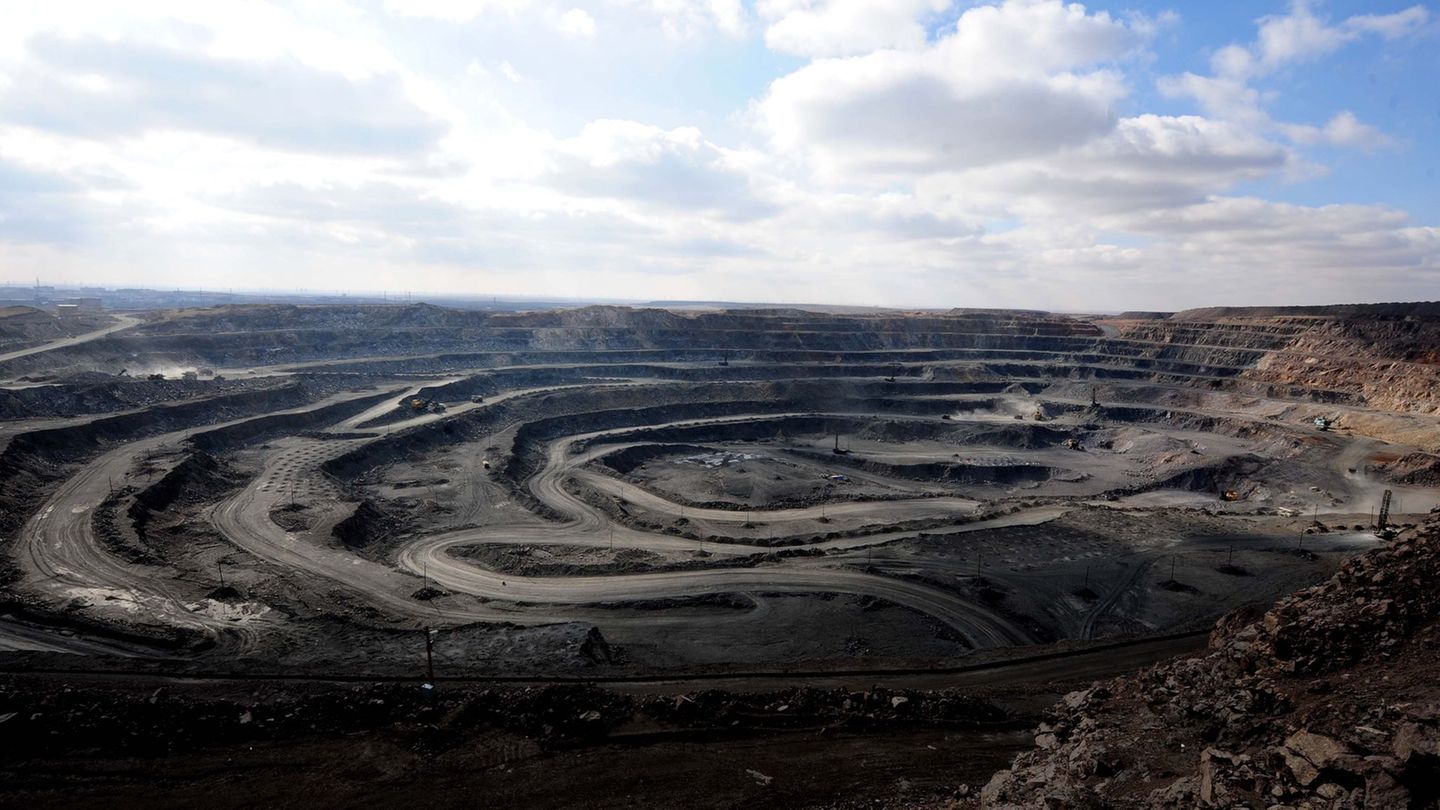Menu
Raw materials: German companies in front of bottlenecks in rare earths from China
Categories
Most Read
how much currency would be needed and what the potential risks
October 9, 2025
No Comments
This is the bank that pays the most interest this Thursday, October 9
October 9, 2025
No Comments
The IMF speeds up technical work to support the swap with SDRs
October 9, 2025
No Comments
Luis Caputo returns from the US amid total secrecy about the details of Donald Trump’s rescue
October 9, 2025
No Comments
Pension reform: Why more contributors are not the solution
October 9, 2025
No Comments
Latest Posts

Thiago Medina was discharged: What did he say when he left the hospital?
October 9, 2025
No Comments
After 27 days hospitalized in the Mariano and Luciano de la Vega Hospitalin Moreno, Thiago Medina returned home. The 22-year-old former Big Brother 2022 participant

While the organization received 338 nominations, Trump insists he deserves it
October 9, 2025
No Comments
This Friday, the Norwegian Nobel Committee will announce who wins one of the most emblematic awards on the planet: the Nobel Peace Prize 2025. In

Save on your patent! Pay with this virtual wallet and get an exclusive refund in October 2025
October 9, 2025
No Comments
October 9, 2025 – 2:00 p.m. Pay your vehicle obligations with the QR of the Banco Ciudad app and obtain a refund of up to
24 Hours Worlds is a comprehensive source of instant world current affairs, offering up-to-the-minute coverage of breaking news and events from around the globe. With a team of experienced journalists and experts on hand 24/7.

